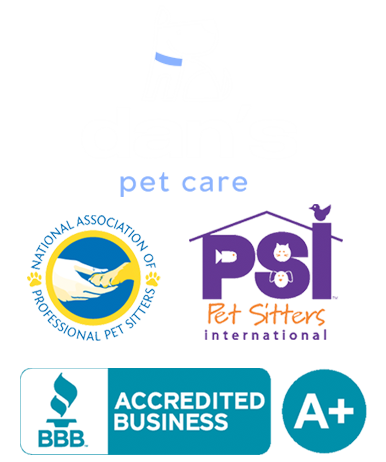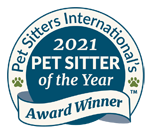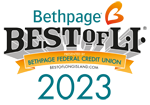Understanding Xylitol Toxicity in Dogs
Xylitol is a sugar substitute commonly found in sugar-free gum, baked goods, peanut butter, and even some medications. While it is safe for humans, xylitol is highly toxic to dogs and can cause rapid and life-threatening health complications. If your dog ingests xylitol, immediate action is crucial. This article will explore the dangers of xylitol poisoning, symptoms, treatment, and how to prevent exposure.
Why Is Xylitol Dangerous for Dogs?
Xylitol affects dogs differently than humans. When ingested, it triggers a rapid release of insulin, leading to a dangerous drop in blood sugar levels (hypoglycemia). In severe cases, xylitol poisoning can also cause liver failure, seizures, and even death.
Common Sources of Xylitol
Xylitol is found in many everyday products, including:
Sugar-free gum and mints
Sugar-free baked goods
Some brands of peanut butter
Chewable vitamins and supplements
Mouthwash and toothpaste
Cough syrups and over-the-counter medications
How Much Xylitol Is Toxic to Dogs?
Even a small amount of xylitol can be life-threatening for dogs. Toxicity levels depend on the dog's size and the amount ingested:
As little as 0.1 grams per kilogram of body weight can cause hypoglycemia.
Doses above 0.5 grams per kilogram can lead to liver failure.
Some sugar-free gums contain more than 1 gram per piece, making them extremely dangerous.
Symptoms of Xylitol Poisoning in Dogs
Symptoms of xylitol poisoning can appear within 10-30 minutes after ingestion. Common signs include:
Weakness and lethargy: The dog may appear unusually tired or uncoordinated.
Vomiting: An early sign of toxicity.
Loss of coordination: Staggering, tremors, or difficulty walking.
Seizures: Severe cases may lead to convulsions.
Collapse or unconsciousness: Due to dangerously low blood sugar levels.
Jaundice: A sign of liver failure.
Immediate Actions If Your Dog Eats Xylitol
If you suspect your dog has consumed xylitol, take immediate action:
Call your veterinarian or pet poison control immediately. Quick intervention is crucial.
Do not wait for symptoms to appear. Xylitol poisoning progresses rapidly.
Check the product label for xylitol content. Provide this information to your vet.
Do not induce vomiting unless instructed by a vet. Some cases may require specific treatments.
Monitor your dog for weakness, tremors, or other symptoms. Seek emergency care if symptoms develop.
Veterinary Treatment for Xylitol Poisoning
The treatment approach depends on how much xylitol was consumed and how quickly the dog receives care. A veterinarian may:
Administer IV fluids and glucose therapy to stabilize blood sugar levels.
Induce vomiting and use activated charcoal to limit further absorption.
Perform liver function tests and provide supportive care for liver damage.
Monitor for seizures and neurological symptoms requiring emergency intervention.
Preventing Xylitol Poisoning in Dogs
Prevention is key to keeping your dog safe. Follow these steps:
Check ingredient labels before offering human food to your pet.
Avoid giving sugar-free gum, candy, or baked goods to your dog.
Store xylitol-containing products out of reach. Keep them in closed cabinets.
Educate family members about xylitol’s dangers. Ensure no one accidentally gives toxic foods to your pet.
Keeping Your Dog Safe from Xylitol Poisoning
Xylitol is extremely toxic to dogs, and even small amounts can lead to severe health complications. If your dog ingests xylitol, immediate veterinary attention is necessary. By being cautious and keeping xylitol-containing products away from pets, you can prevent accidental poisoning and keep your furry friend safe.
Need Expert Pet Care? Contact Dan’s Pet Care Today!
At Dan’s Pet Care, we are dedicated to providing expert guidance and pet safety tips to help keep your furry friend happy and healthy. Visit our website or reach out to our team for professional pet care services and expert advice.





